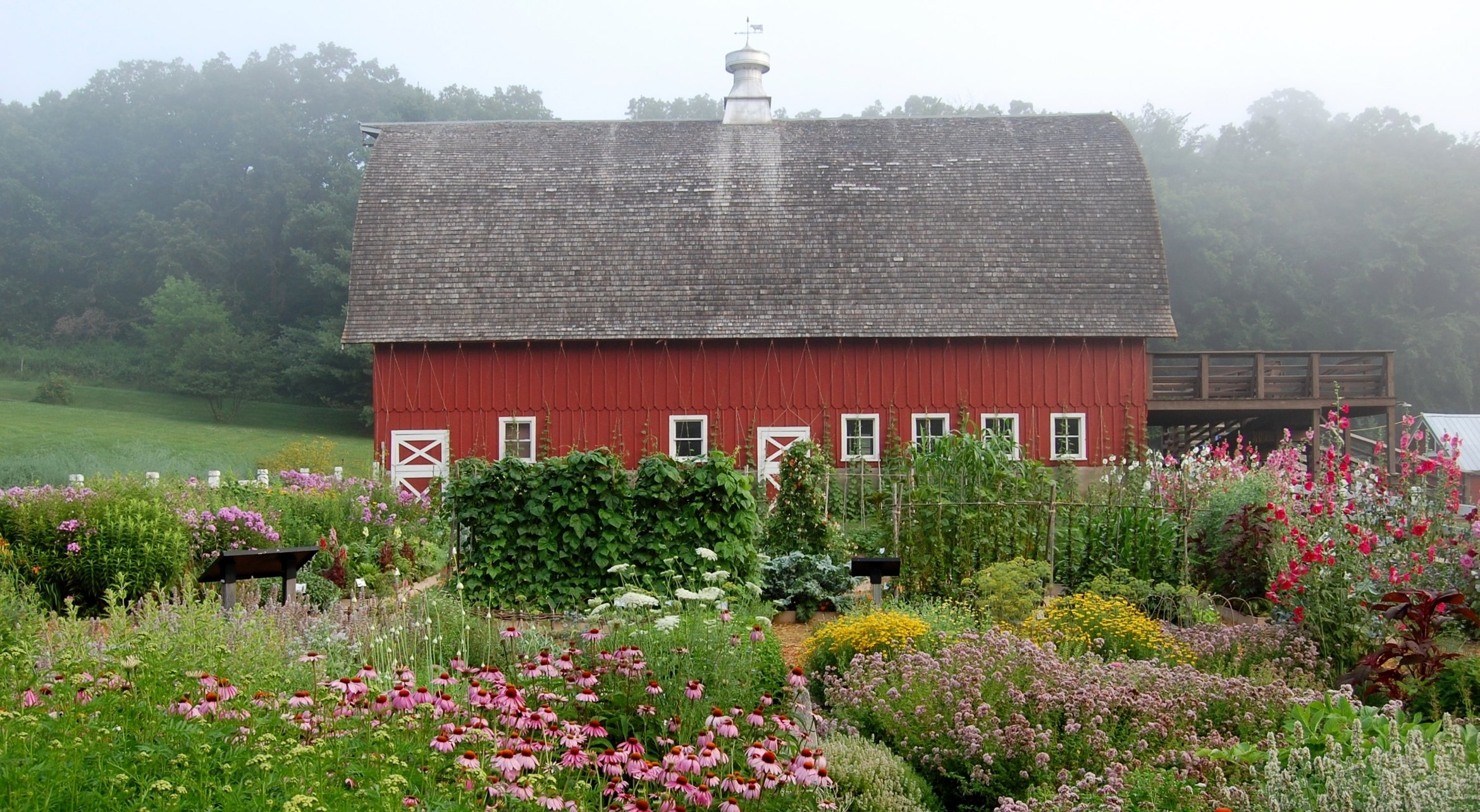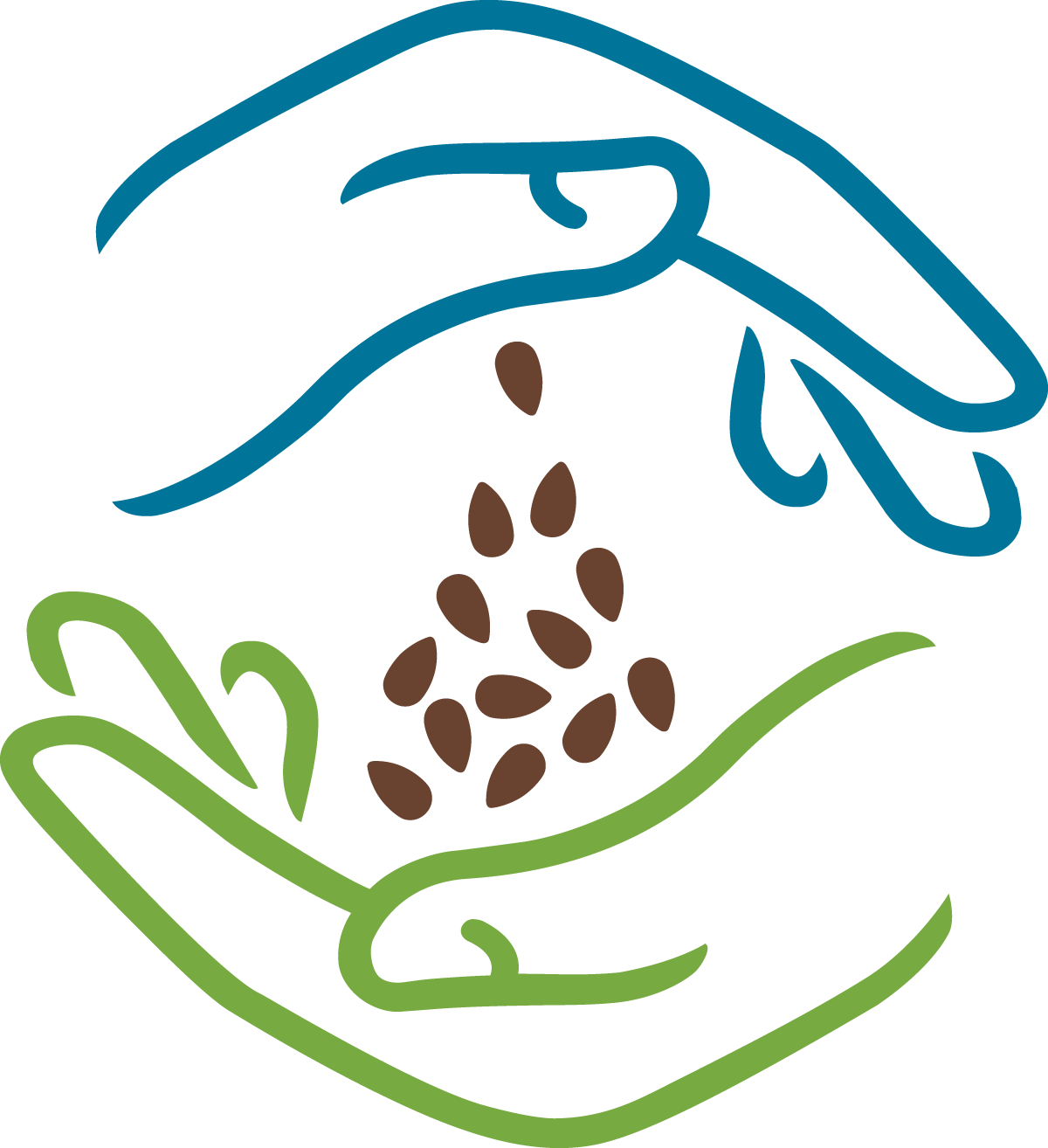Ripple Effects of a Pandemic at Seed Savers Exchange
/A Seed Savers Exchange staffer picks potato orders for shipping at Heritage Farm.
Just like countless other organizations worldwide, Seed Savers Exchange has had to adapt quickly to the ever-changing conditions of the COVID-19 pandemic. As a nonprofit with an agricultural mission to save and share heirloom seeds, our work has had to go on because it is essential to connecting people with the resources needed to grow their own food in gardens and farms around the country.
Yet seed providers (like us) the world over have also had to overcome some extra challenges this year. Just as we were revamping our operations at Heritage Farm to maximize social distancing, limit working-group sizes, implement new PPE, and establish sanitation measures so our essential on-site work could carry on safely, something else totally unexpected happened.
Seemingly overnight, in mid-March the entire seed industry was suddenly flooded with unprecedented demand. People everywhere—from small towns to big cities—started looking to seeds as an answer to the uncertainty being experienced in this pandemic, and in turn, began ordering seeds en masse to grow their own food for both comfort and security. Even as our Seed House operations at Seed Savers Exchange were rapidly shifting gears to make our worksite safe to operate in the pandemic, the pandemic also drove more people seeking a source of hope and resilience to us, and our seed sales subsequently skyrocketed.
The Seed House, like the name suggests, contains approximately 60,000 pounds of open-pollinated seed. It also, in a normal year, houses the distribution center where seed is stored in bulk containers before it is repackaged and shipped around the world. The people who work in the Seed House take great pride in doing the important work that gets seed into the hands and gardens of our customers and supporters.
The period from January-April is always the busiest time for the Seed House; on a really good day, we can package and ship close to a thousand orders. This year was no different, except for the fact that seed sales began to soar beyond our typical demand in March, as more and more people sought to grow their own food. Compared to the same period in 2019, orders from March 15-27 more than doubled.
Under normal conditions, the staff of roughly 25 Seed House employees work together in close quarters filling orders. But this year, because of social-distancing requirements, SSE had to get creative about the use of available space. As a new operations plan was implemented, the Seed house was forced to stop shipping orders while equipment and supplies were moved to four other buildings, allowing operations to resume on our small campus at Heritage Farm. Even the Lillian Goldman Visitors Center—which would normally welcome visitors and shoppers at this time of year but was closed due to the pandemic—was turned into a seed-packing location.
The entry area of the Seed House building was reconfigured to accommodate seed-order fulfillment.
These operational changes were necessary to protect the safety of our staff and our community. By protecting the people who take care of the seeds, we believe we are protecting the seeds themselves, both today and for generations to come. These changes, however, also caused a decline in efficiency of our normally fast-paced order fulfillment processes. To keep up with the demand, we also hired additional staff (which provided jobs to many in the local area who needed them due to business closures during the pandemic), and the workday was split into two shifts to reduce the number of individuals in any given workstation. We also implemented sanitation processes between both shifts to limit any possible cross-contamination between shifts.
With the new operation plan and increases in staffing, it still proved challenging to keep up with the 25,000-plus orders we received in March. We had to make the difficult decision, as did many other seed companies, to temporarily turn off sales (in our case, on March 27) to allow time to pack and ship orders previously received. As seed companies temporarily stopped taking new orders, many people began to wonder whether these companies were running out of seeds. However, in our case (and probably most others), we have years’ worth of supply for most varieties ;the delay resulted instead from the time needed to transfer seeds from bulk storage containers into the smaller seed packets purchased by gardeners around the country. Although we had all hands on deck packing and shipping orders, it still took us almost two months to completely catch up with orders.
At the same time we were making safety-driven changes at Heritage Farm, our suppliers were making adjustments too. With the increased demand for seed industry-wide also came an increased need for supplies to get those seeds shipped. Seed packets that usually take a few weeks to arrive were delayed by first two weeks and then three weeks more before, finally, no arrival date was provided. During this time, we had to improvise, and many customers received seed-packet orders in a white seed packet with an address label providing only our name and the variety included (instead of our normal seed packets). This was our only option at the time to get seed to gardeners eagerly awaiting it around the country.
Not long thereafter, we also had to make the very hard decision to cancel thousands of transplant orders that had been scheduled to start shipping in April. In a normal year, by the time we begin shipping transplants, seed orders have begun to slow down, allowing us to shift staffing and building usage over to transplants. This year that proved impossible because of seed-order shipment delays. There were also many logistical and efficiency challenges to running a safe transplant-packing line. On April 21, customers received a notice that their transplant orders had been canceled because, as much as we had hoped to, we simply could not safely get their plants to them in time for the growing season.
Safety reminders can be found throughout Seed Savers Exchange’s Heritage Farm.
All of this is to say, the ripple effects of necessary COVID-19 safety measures, coupled with increased seed demand and upstream supply-chain issues, presented some significant challenges this spring to Seed Savers Exchange. We are so grateful for those who have supported our mission in a difficult time, and for your patience and understanding for the delays and cancellations you may have experienced. We are committed to being here for our community during and after this pandemic, continuing to help nurture interest in growing gardens and seeds as we have been for 45 years.
As of May 15, we have caught up with all orders and are happy to help gardeners with any remaining seeds needed for their gardens. For all the gardeners across the country who need access to heirloom and open-pollinated seeds for hope and resilience during these hard times, we’re here for you. Thanks for being here with us too in these unusual times!
















